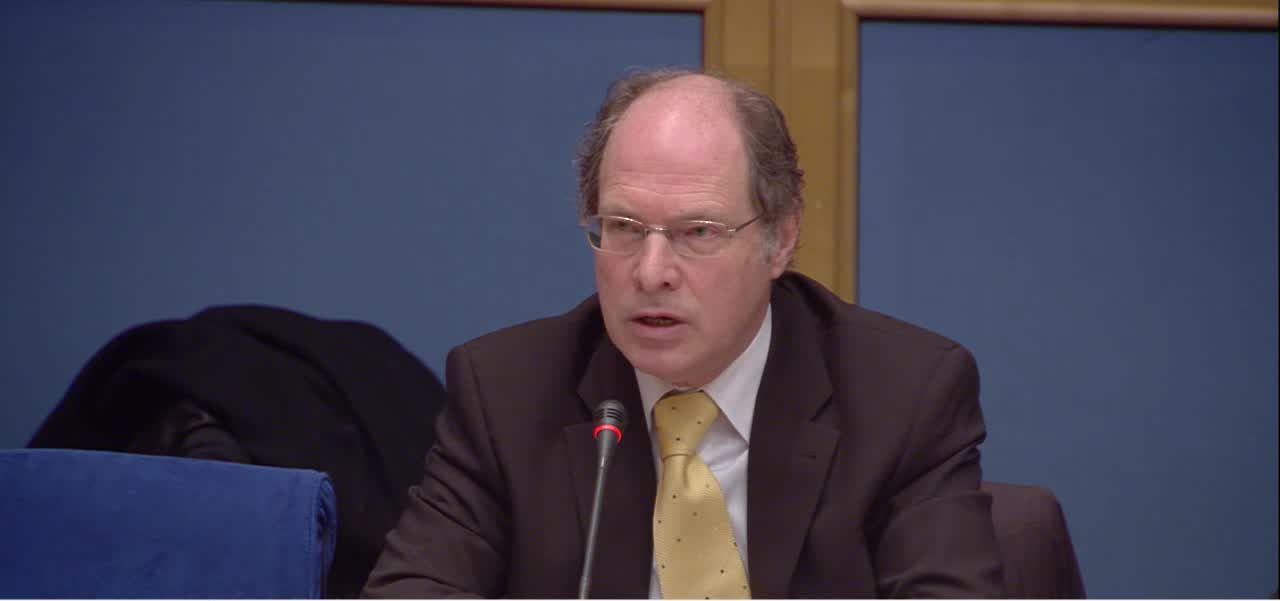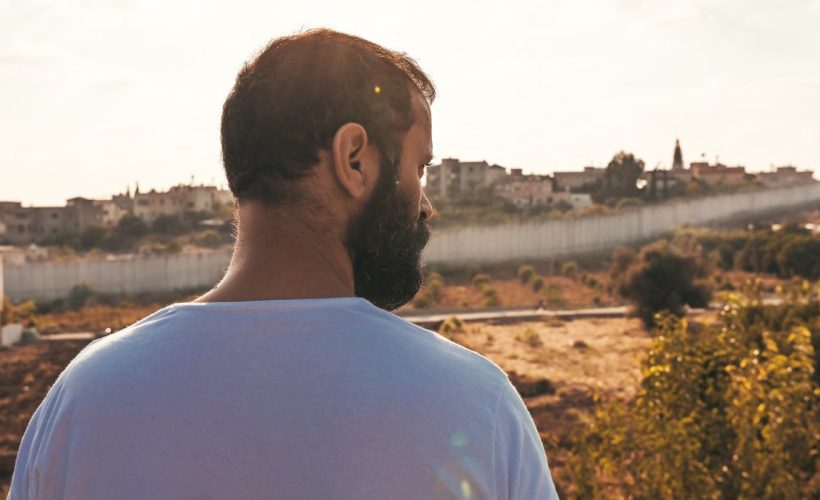Society
9.20.2019
Louis Blin: “The popular feeling is very strong behind this national holiday”

On the occasion of the Saudi National Day, Kawa wondered about the importance of this event, its history, and its impact on the kingdom. To do this, we met Louis Blin, diplomat, the former French consul in Jeddah, a doctor in contemporary history, and a specialist in the Arab world.
KAWA: The national holiday is fast approaching in Saudi Arabia. Seen from here, we are witnessing a real festival on the scale of the whole kingdom, with activities spread over several days. What are these festivities about? For example, here in France, we are celebrating the takeover of the Bastille, there is a real revolutionary dimension. There, what is the feeling that accompanies the celebration?
Louis Blin : The current action of the King and Crown Prince is to build a nation since Saudi Arabia is a new country. Founder Ibn Saud has built a state, and the current leaders want to make this state a nation in the sense that we lend it. This action is not easy in a country where until now the dominant ideology was not national and does not consider the nation as the basic identity. The basic identity is Muslim, the so-called ummah. So until recently, the celebration of the foundation of the kingdom was not considered as the main celebration, it was marginal, the great feasts being religious: the 2 Aid. From now on, the celebration takes a new perspective in this political project and that is why, at the moment, it has acquired a dimension that it did not have a few years ago.
So this celebration is driven by the government rather than by history?
The people are on the verge of this transformation since Saudi Arabia is a very diverse country but currently in the process of national construction. However, nationalism in Arabia or in the neighboring countries of the Gulf is a fairly new phenomenon, unlike in our country where Jacobinism dates back several centuries. There, the social constitution resided more in the tribes or the large merchant families.
However, there are very intense celebrations, everyone wears the flag, all the buildings are decorated, the streets…
We need to make it appear. But be careful, it is a real popular movement, however. The government promotes it but does not impose it, popular sentiment is very strong behind this national holiday.
In a country where the percentage of immigrants is immense, it is surprising to see such patriotism?
Foreigners are on the fringes of these celebrations. Part of the population is of foreign origin but far away, naturalizations are ancient. Now they are almost non-existent, so it is precisely a question of making these national communities, which are very diverse at first, into a single national entity, whereas before, they used to define themselves by two origins, etc. Cosmopolitanism is very old in these regions, the populations are mixed, notably because of the commercial vocation of the ports of this peninsula, and the religious community which, in Mecca, is, by essence, multinational since Muslims from all over the world find themselves there.
In relation to neighboring countries, to other countries in the Arab world, are there similar situations?
No, it’s very different! For example, for Egypt, which is the oldest nation in the world, the question does not even arise. There is no national construction possible since the nation has always existed. It’s anthological and natural. The Egyptian people have cohesion and a personality that is simply the oldest in the world. This is exactly the opposite of what is happening in the Arabian Peninsula. On the other hand, things are more complicated in the Levant countries. They are mosaics, but they have been crystallized for a very long time. It is always said that it was the First World War and the Sykes-Picot agreements that shaped the borders of this region, but in fact, they still correspond to large groups with “Greater Syria” (i. e. four countries: Lebanon, Jordan, Palestine, and Syria) and Iraq. Where the phenomenon is more artificial is in Jordan. There is not really a national personality yet, it looks more like the Arabian Peninsula. But basically, you have in the Arab world great national personalities in the Middle East who are Egypt and Iraq, and a little more hesitant because it is fragmented, it is “Greater Syria”. The Arabian Peninsula is a new arrival. On the other hand, it includes two marginal but historically strong states, Yemen and Oman. There is a great and very ancient history that has shaped a national personality in these countries, which can be considered as the cradles of Arabism. There is no question about belonging, as can be seen in the rest of the peninsula.
popular

